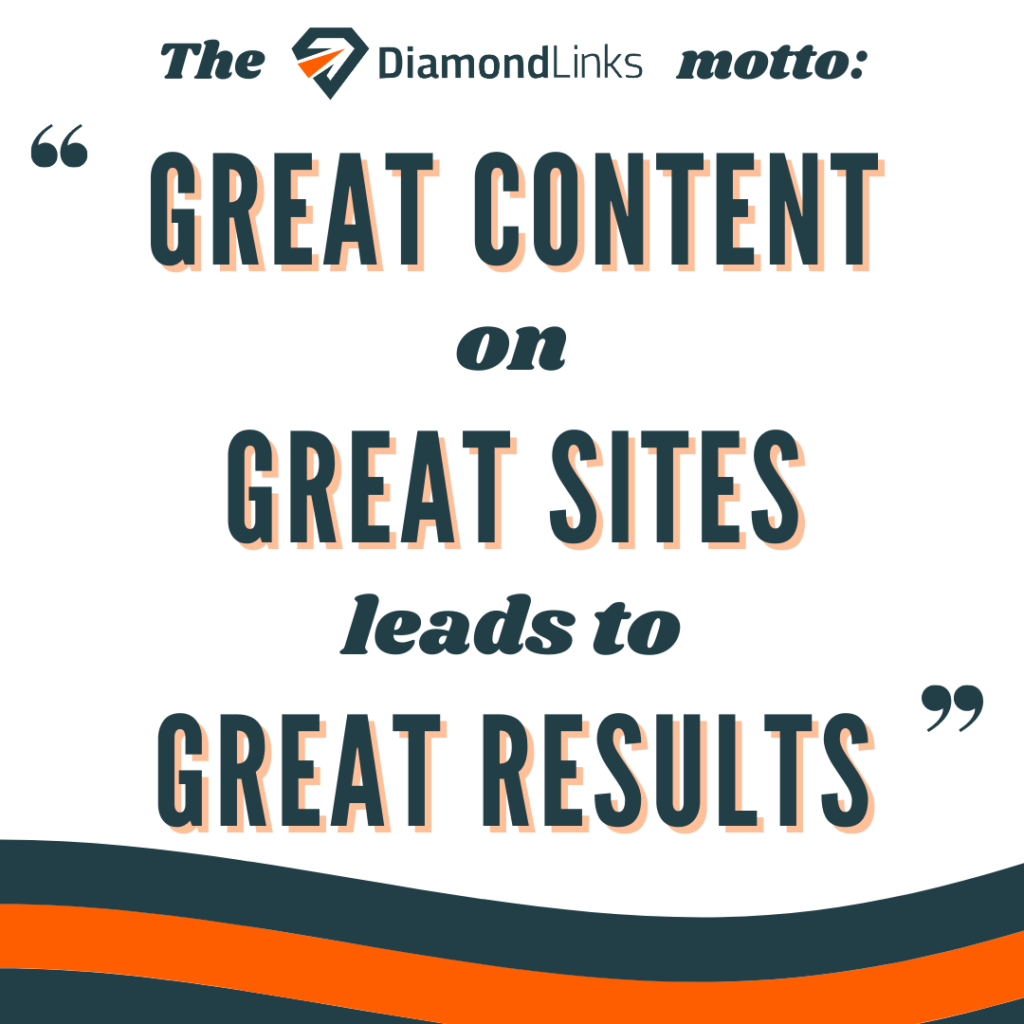Today’s Ask DiamondLinks is going to answer the question, “What is Proactive Reputation Management?”
Who Needs Proactive Reputation Management?
Proactive Reputation Management is simply the idea that something negative in the future may happen, and you may need protection from it. It can be crucial for a variety of individuals who want to proactively insulate their reputation. Clients who utilize DiamondLinks for Proactive Reputation Management typically are:
- Celebrities
- Influential Individuals
- Politicians
- Business Owners
- C-Level Executives
- Presidents or Vice Presidents of a company
- Anyone whose future career trajectory is on the rise
Unless you are about to retire, building a protective insulation around yourself is a good idea for anybody who has future aspirations.
Building Your Moat
At DiamondLinks, we tell our clients to imagine they’re in a kingdom surrounded by a moat. That “moat” is the Proactive Reputation Management we implement, ultimately protecting them from negatives online. These negatives can range from bad press to libel and slander from strangers on the Internet.

What we want to do is deepen this moat. After that, we fill the moat with alligators and crocodiles to protect you from the “bad things” on the outside. How do we do this? We create great content, we find great sites and ultimately get great results.
4 Types of Websites For Proactive Reputation Management
What are great sites, though? DiamondLinks strategy for Proactive Reputation Management includes four categories of websites. We’ve determined Google likes to see these types of websites in search results.
1. News.
News usually involves timely topics written for websites that are specifically designed for the current time period. Earnings reports, for example, are important today. They’re not important two years ago.
2. Social Media.
Having some social media in your search results helps fortify your “moat.” Whether it be Facebook or LinkedIn, social media can be an important category to Google.
3. Owned Websites.
Owned websites are exactly what they sound like: they are website that you own and manage. Their domains are typically something along the lines of “YourName.com” or “YourBusinessName.com”. These websites contain good biographical data, which is important to Google.
4. Non-Owned Websites.
Non-owned websites are websites you don’t own or control. Examples of non-owned websites include:
- Interview websites
- Webinars you presented on another company’s website
- Guest posts on other sites
As one of the most important pieces to Proactive Reputation Management, having these non-owned websites is critical. In order to build a good proactive moat around yourself and keep out those negatives from ranking high on search results, you have to have non-owned websites.

Have a question for DiamondLinks? We’ve got answers! Submit your question today. You could be featured in the next episode of Ask DiamondLinks!
Don’t forget to subscribe to us on Youtube and sign up to receive our newsletter for all the latest SEO and ORM news.

